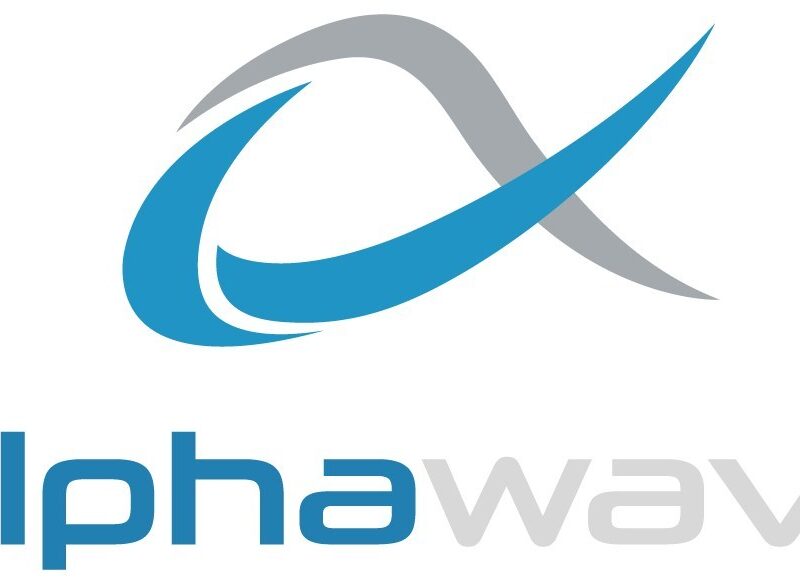Many have made a substantial profit by trading in the stock market. Every year, many more people join the stock market for trading and investment.
The stock market is huge, and there are many instruments for you to choose from. You can trade as per your trading style and appetite for risk. Along with stocks, commodities, derivatives, etc., you can now even trade on the indices of the stock market.
What are Indices in a stock market?
A stock market index is similar to how a healthcare provider uses a thermometer to determine a patient’s temperature.
Several stocks belong to different sectors of the stock market. 11 sectors in the US stock market are as follows – Information Technology, Health Care, Financials, Consumer Discretionary, Communication Services, Industrials, Consumer Staples, Energy, Utilities, Real Estate, and Materials.
And just as a healthcare provider checks the pulse of a patient to gauge the patient’s health, top companies belonging to the same sectors are aggregated to gauge how healthy that sector is.
How are Indices calculated?
Calculating the stock market indices is very easy, market capitalization and price-weighting formulas are used.
Market capitalization is calculated by multiplying the outstanding number of stocks by the current price of each stock. It gives the total worth of a company in dollars.
What is Index Trading?
The act of buying and selling a specific index of a sector is called Index Trading. The price of a specific index fluctuates due to different factors. Investors or stock traders do not own the index. Instead, they speculate on the price of the underlying asset based on market research.
As the overall performance of the stock of a certain sector surges, so does the price trend of the sector, which drops when the overall stock performance declines.
There are two main types of indices that you can trade online, index cash CFDs, and index futures CFDs. The primary difference between the two is that index futures CFDs have an expiry date, while index cash CFDs do not. The expiry date is also called a rollover, and there is an agreement between the buyer and the seller on the price that needs to be paid by the buyer by the end of the contract date.
What influences the price of an Index?
Indices follow the same economic factors that govern the stock market. Demand and supply in specific sectors, political stability, new investment opportunities, and global factors all have an impact on a country’s economy.
We have witnessed this phenomenon during the pandemic outbreak of recent years. During COVID-19’s global lockdown, the entire world’s economy came to a standstill. All the stocks in the stock market took a hit, but only two managed to survive. One the healthcare companies that were creating a vaccine to combat the pandemic situation and the IT sectors.
Since the entire world was in lockdown, many tried their luck in cryptocurrency, and many opted to mine cryptocurrencies. Since cryptos are mined using powerful computers, the demand for such hardware was on the rise, and the prices surged due to the demand and supply criteria.
Trading Strategies for Indices
If you diversify your portfolio when trading in the stock market, you will benefit the most from doing the same with Indices Trading.
Following are the best 5 indices to trade with:
1] Dow Jones Industrial Average
It is a basket of the top 30 high-performing companies from different sectors in the United States. Roughly 20 companies within this index belong to industrial and consumer goods manufacturers. The rest are from financial services, entertainment, and information technology. The Dow Jones Industrial Average is only one of the market indicators that make up the Dow Jones.
2] Standard and Poor’s 500
The S&P 500 comprises the 500 largest United States public companies, representing every sector. By following the S&P 500, you can gauge which stocks of companies in which sectors are gaining or losing value.
3] Euro Stoxx 50 index
The Euro Stoxx 50 index includes 50 of the largest and most actively traded firms in the Eurozone, providing broad exposure to the region’s supersector leaders. One of the broadest selections of structured products, futures, options, and exchange-traded funds (ETFs) are based on the index.
4] Nasdaq 100 Index Fund
It is a basket of the 100 largest and most widely traded companies in the United States listed on the Nasdaq stock exchange. It is also known for being “tech-heavy,” with over 100 large and non-financial companies chosen based on market capitalization.
5] FTSE 100 index
FTSE is an abbreviation for Financial Times Stock Exchange. It is derived from the names of the two companies in charge of FTSE: the Financial Times and the London Stock Exchange. The FTSE 100 comprises the 100 largest companies based on their market capitalization listed on the London Stock Exchange.



